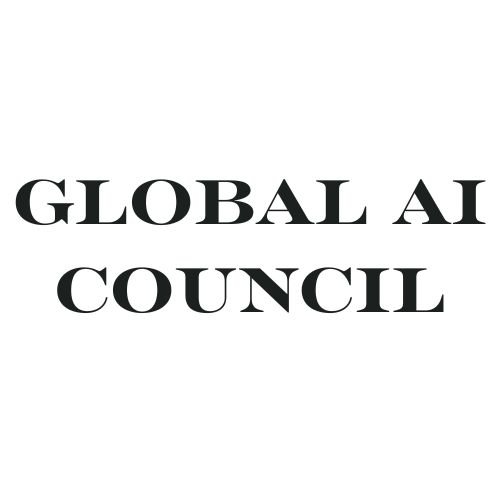AI Notetaking: A Doctor’s Burnout Remedy or Just a Band-Aid on a Broken System?
In the fast-paced and high-stress environment of healthcare, burnout among medical professionals has become a significant concern. A promising pilot program in Ontario, Canada, however, is offering a glimpse of hope through the use of AI-driven notetaking applications. One Canadian doctor has even attributed such technology as the reason she didn’t quit medicine. As AI notetaking apps gain traction, the question arises: Is this the future of healthcare, or merely a temporary fix for deeper systemic issues?
AI to the Rescue
The pilot in Ontario involved the implementation of a large language model (LLM)-based notetaking system in a clinical setting. This AI tool assists doctors by accurately transcribing consultations and integrating these notes directly into patients’ electronic health records. The immediate benefit is a significant reduction in the administrative load on physicians, who traditionally spend a large portion of their time on paperwork, detracting from patient care and contributing to burnout.
The doctor at the center of this pilot reported a dramatic change in her work life. With the AI handling the bulk of note transcription, she could focus more on patient interaction and less on the looming dread of paperwork that awaited her after appointments. This shift not only improved her job satisfaction but also her overall well-being, hinting at the potential of AI tools to transform the work-life balance for healthcare professionals.
A Sustainable Solution or a Temporary Relief?
While the benefits of AI notetaking are clear in terms of reducing time spent on documentation, it raises the question of whether we are addressing the root causes of burnout or simply making a flawed system more bearable. Burnout in healthcare is multifaceted, driven by factors such as long hours, emotional stress, high patient volumes, and systemic inefficiencies.
AI notetaking apps do offer a respite from the clerical burdens, but they don't address other critical issues like the emotional toll of patient care or systemic underfunding. Therefore, while these tools are invaluable in improving certain aspects of the job, they should be viewed as part of a larger strategy to overhaul healthcare systems to be more supportive and sustainable.
The Future of Healthcare
The integration of AI into healthcare settings speaks to a broader trend of technological adoption aimed at improving efficiency and job satisfaction. As AI technology evolves, its potential to take on more complex tasks could see further reductions in the clerical load and possibly even provide decision support, predictive analytics, and personalized patient care plans.
However, the future of healthcare must be approached with a balance—leveraging technology to enhance the efficiency and satisfaction of healthcare providers while ensuring that the human touch and empathy that are core to medicine are not lost. Moreover, broader systemic reforms are necessary to create an environment where technological solutions like AI notetaking can be most effective.
Conclusion: Embracing AI with Caution
The story of the Canadian doctor saved from quitting medicine by an AI app is a compelling testament to the potential of technology to improve working conditions in healthcare. However, it’s crucial to recognize that technology alone is not a panacea for all the challenges in healthcare. As we move forward, the integration of AI tools should be accompanied by thoughtful consideration of their limitations and the need for comprehensive systemic changes.
Ultimately, the goal should be to create a healthcare system where technology supports and enhances human efforts, rather than merely making an unsustainable system more tolerable. As AI continues to evolve, its role in healthcare could be revolutionary, provided it is part of a holistic approach to addressing the challenges faced by healthcare professionals today.
